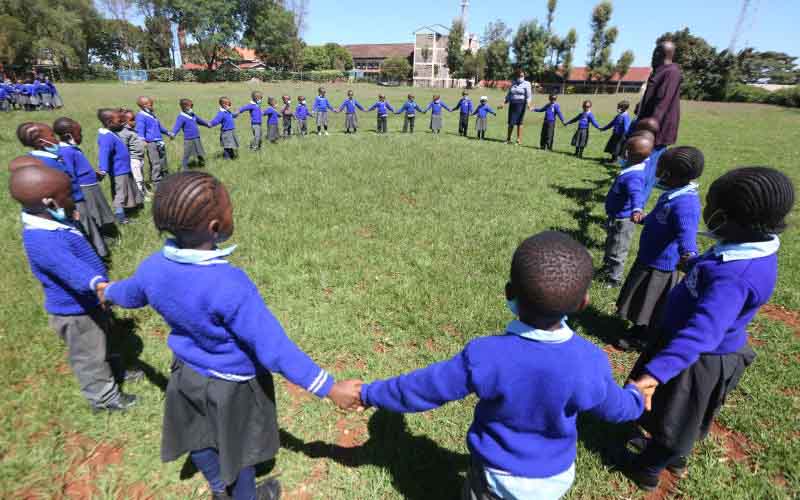×
The Standard e-Paper
Fearless, Trusted News

Pre-Primary pupils of Nyamachaki Primary School in Nyeri are taken through a physical education session by their teacher. [Kibata Kihu, Standard]
Two separate sets of national examinations will be administered this year as the country embraces new education reforms ahead of next year’s transition.